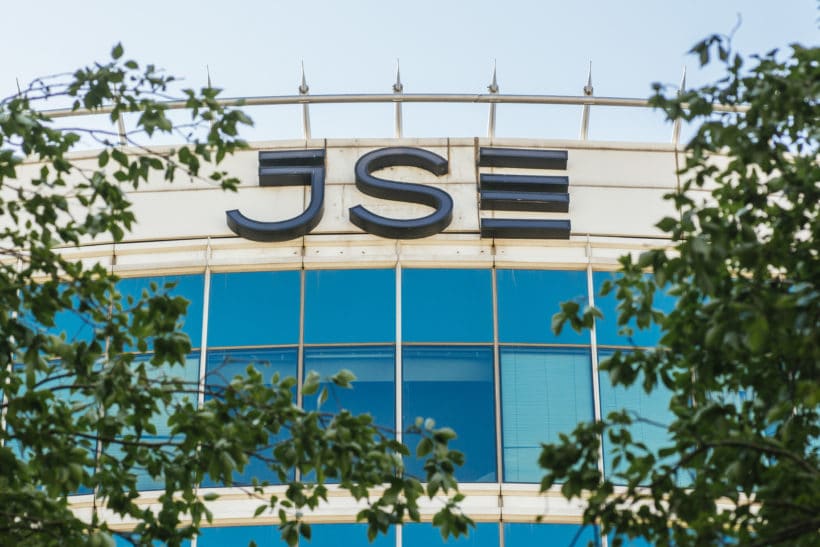
The Johannesburg Stock Exchange (JSE) has been experiencing a decline in the number of listed companies, a trend that is being observed globally due to the growth of private equity and venture capital. However, the JSE is not resting on its laurels and is actively seeking partnerships and making changes to its listings requirements to encourage more companies to list and remain on the platform.
One of the measures the JSE has taken is the introduction of new products such as dual class voting shares that have been popular in the US and other countries for tech companies. These shares give founders and executives more voting power, allowing them to retain control even if they own a smaller stake in the company. The JSE has also introduced infrastructure real estate investment trusts (REITs) as a new product.
In addition to introducing new products, the JSE has made changes to its listings requirements to make it easier for companies to list and remain listed without compromising investor protection. The JSE has reviewed its rule book to identify rules that can be simplified and has embarked on a cutting red tape project to reduce unnecessary burdens on listed companies.
Furthermore, the JSE has been actively seeking partnerships and exploring opportunities for new listings globally. It has been in countries such as the UK, Poland, Germany, Luxembourg, and the United States to attract new listings. The JSE has also announced inward listing frameworks for Singapore and Hong Kong.
These efforts have already started to bear fruit with companies like Primary Health Properties (PHP) inward listing from the UK earlier this year with a market capitalisation of 30 billion rand. Additionally, companies like Premier, which split from the break group, and Copper 360 have listed on the JSE.
While the number of delistings on the JSE may not be historically high, the challenges lie in attracting new listings. The JSE is focusing on encouraging small-cap companies to list and is working with asset managers to revive retail investment. The JSE has seen an increase in retail activity on its market since the COVID-19 pandemic.
At the same time, the JSE is actively seeking inward listings from larger companies as many of the large companies in South Africa are already listed on the JSE. The JSE aims to attract inward listings from companies with market capitalisations of tens of billions of rand.
Looking ahead to 2024, the JSE expects to see more companies coming to the market for new listings in the second half of the year, once the uncertainty of the elections has passed. The JSE is also focusing on Asia, particularly Hong Kong and Singapore, for inward listings, although these efforts will take time to build relationships and bear fruit.
The JSE has been proactive in addressing the decline in the number of listed companies by introducing new products, making changes to its listings requirements, and seeking partnerships and new listings globally. These efforts are aimed at encouraging more companies to list and remain on the platform, ultimately boosting the overall market.